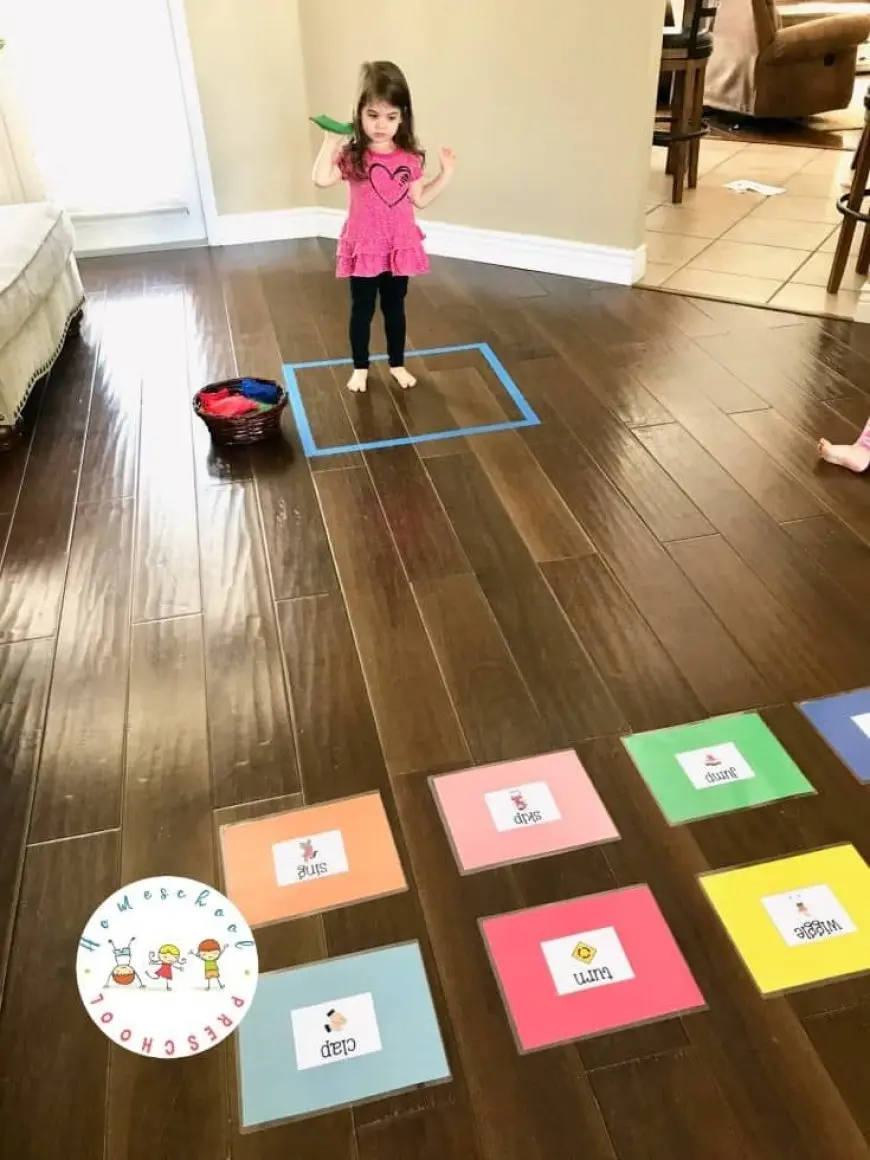How to Make Learning Fun for Children
How to Make Learning Fun for Children

Making learning enjoyable for children is a key to fostering their curiosity and a lifelong love for education. With the right strategies, learning can transform from a chore into an exciting adventure.
Start by incorporating play into educational activities. Games, puzzles, and role-playing can make even complex concepts feel like fun challenges. When children play, they often learn without realizing it, which helps them retain information more effectively.
Creative learning tools like songs, stories, and crafts are highly engaging. For example, turning a math problem into a catchy song or teaching history through storytelling can capture children’s imaginations and make lessons memorable.
Interactive and hands-on activities are essential. Allow children to explore subjects by doing experiments, building models, or participating in group projects. This approach helps them understand how concepts apply in real life, boosting both their comprehension and interest.
Personalizing lessons to align with a child’s interests is another powerful technique. If a child loves animals, for instance, use animal-related examples to teach biology or math. Tailoring lessons to their passions can keep them engaged and motivated.
Creating a positive and supportive learning environment is crucial. Praise their efforts, celebrate small victories, and make room for mistakes. When children feel safe and encouraged, they are more likely to enjoy the process of learning.
Technology can also enhance fun in education. Interactive apps, educational games, and virtual reality experiences can bring subjects to life in dynamic and engaging ways. Using technology thoughtfully can complement traditional teaching methods.
Take learning beyond the classroom. Visits to museums, zoos, or nature reserves can turn education into an adventure. Field trips and outdoor activities not only make learning fun but also help children connect theoretical knowledge to the real world.
Encourage creativity and imagination in the learning process. Let children explore topics through art, writing, or other creative outlets. This freedom allows them to express themselves and understand concepts in unique ways.
Finally, introduce elements of friendly competition. Games, quizzes, and challenges can spark excitement while helping children test their knowledge. Make sure the focus is on participation and improvement rather than winning.
Making learning fun for children requires creativity, flexibility, and a willingness to think outside the box. By integrating play, personalization, and hands-on experiences, parents and educators can nurture a love for learning that lasts a lifetime.







